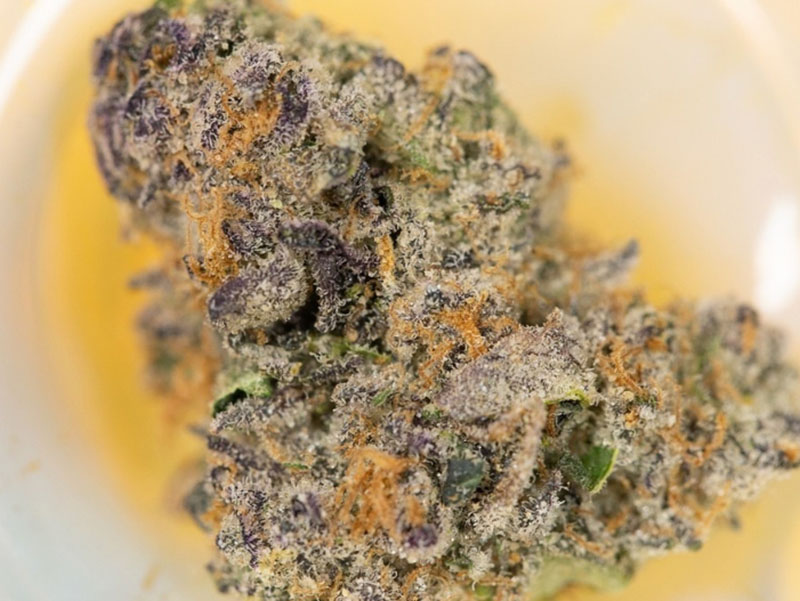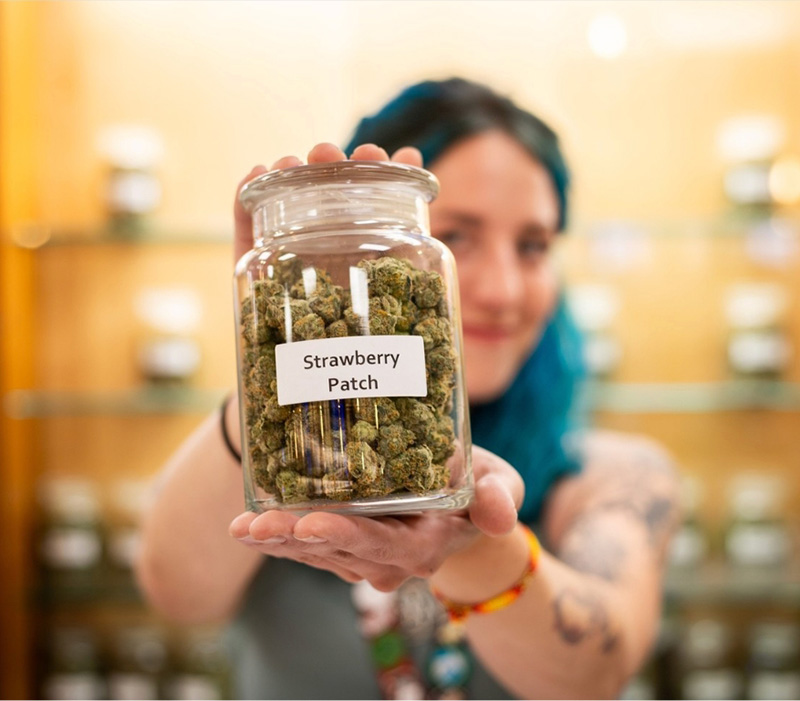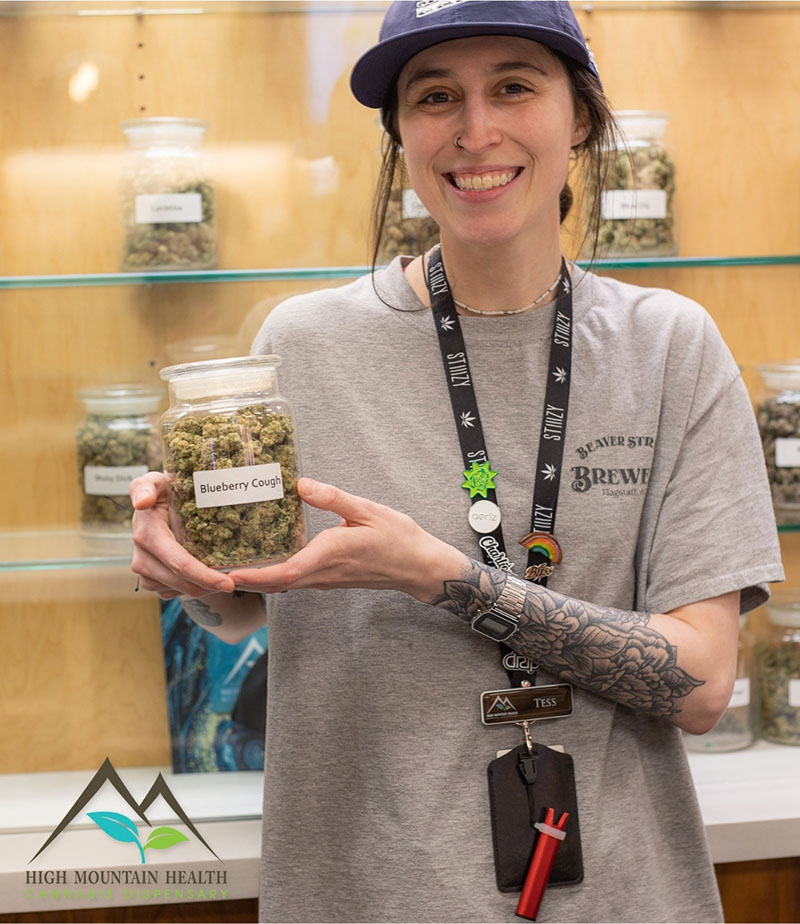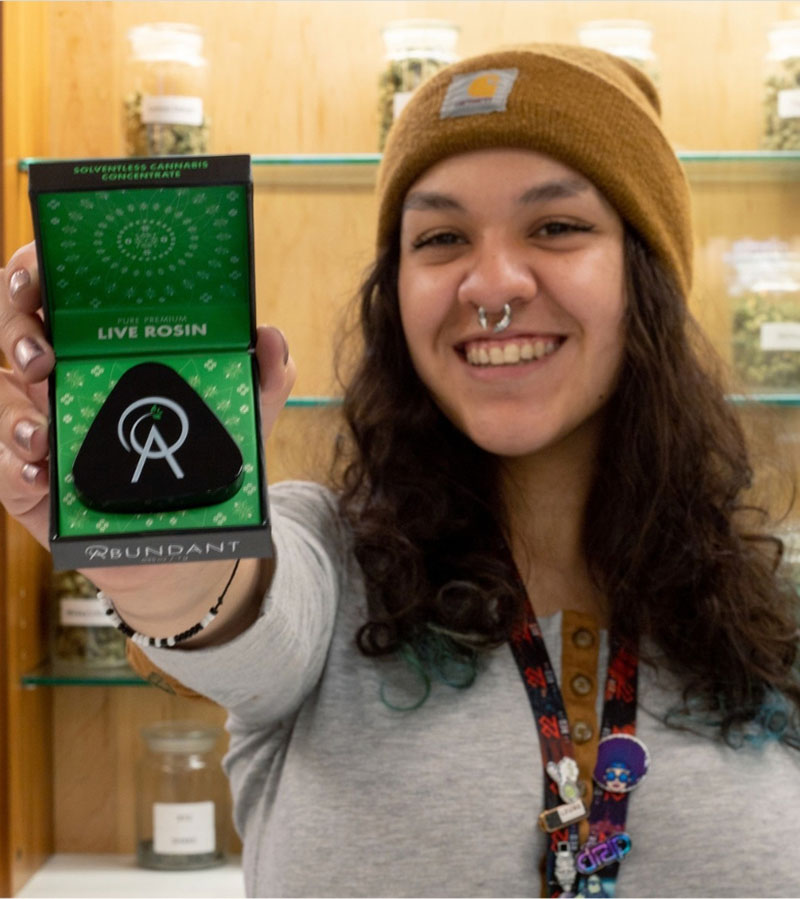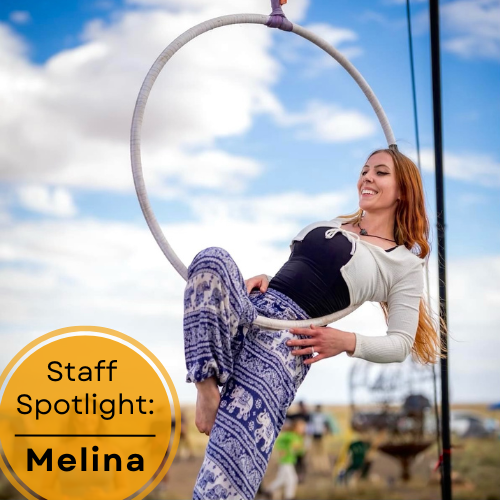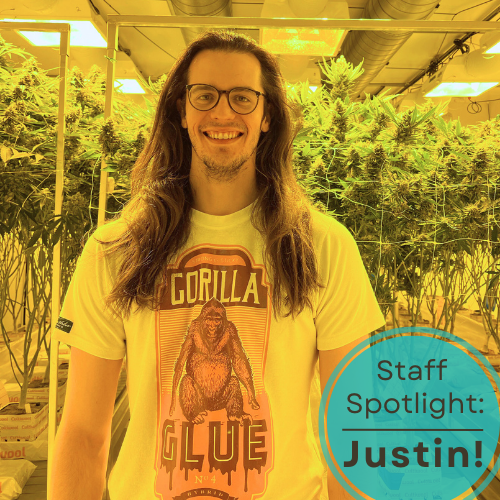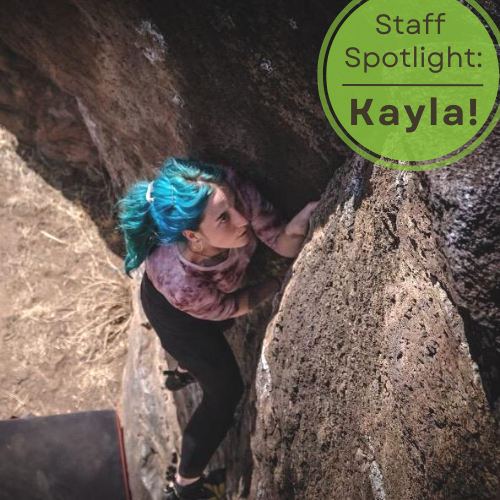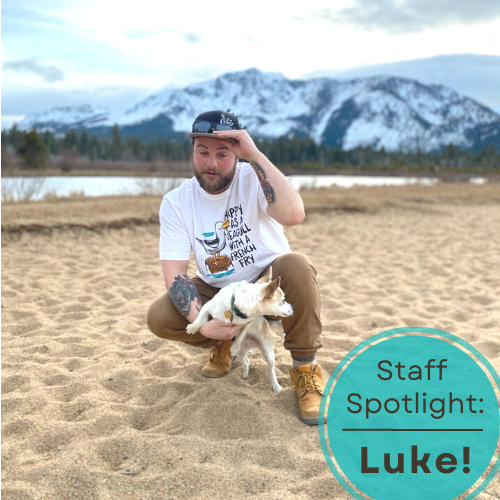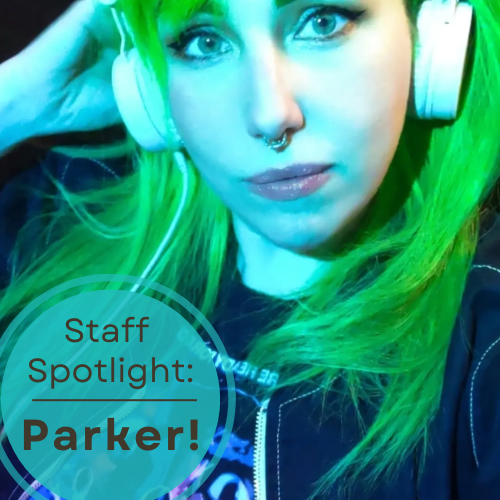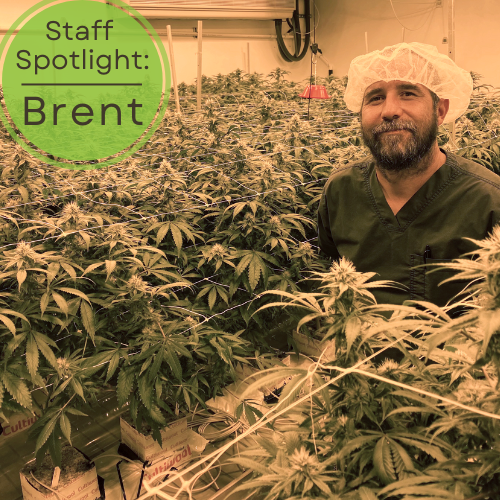Cannabis Entrepreneurship: Prevalent Challenges faced by African Americans Entering the Industry; and Some That Help Pave the Way for the Future
By Zachariah Finning
In today's modern world cannabis is legal in more states within the U.S. than ever before. Both the medical and recreational industries are surging. There are major opportunities and profits to be made in a business where there was once, and in some places still are, harsh punishments for these endeavors. It is no surprise that many people with the know-how and money to invest in the industry are doing so. However, there are disparities in this relatively young and booming industry already. It is more than likely that the owner of your local dispensary, or cultivation, is Caucasian than they are African American. Yet this is not to say that African Americans have not been trying to make headways in this line of work for some time. In this blog, we will discuss two of the main hurdles and oppositions that African American entrepreneurs have to face while trying to break into the legal side of the cannabis industry. We will also take a look at an individual who advocates for equality within legalization and the industry as well as one who has been lucky enough to find success and continue to pave the way for his people.
Back in 2018, the legal Cannabis business in the U.S. was estimated to be worth $11 billion dollars. At that time no more than one-fifth of legal cannabis business owners identified as a racial minority. This included 4.3% of the owners who were African American (S1). One of the biggest challenges African Americans and other minority business owners who are trying to break into the industry face is the racial wealth gap that has always existed. Financing can be a big obstacle for minority business owners. A professional grow operation at the low end can start around $70,000 and if you are trying to then sell that cannabis yourself you will need additional licenses (S1). These licenses can cost an entrepreneur, baseline, $120,000 dollars depending on the business' size. Tac on legal fees, insurance, property rental, marketing, taxes, etc., and the cost of a legitimate cannabis business can skyrocket into the millions of dollars (S1). It is estimated that white families have about 10 times the net worth of African American, or otherwise Black, families in the U.S. (S1). It has also long been researched and noted that African Americans, as well as other minorities such as Hispanics, are much less likely to obtain the loans and other forms of credit that would help them with the initial cost of starting up a cannabis business (S2). Finances play a big part in gaining access but it is not the only complication minorities face when trying to break into the industry.
Another big hurdle for the minority business owner to overcome is their past. Former NBA star Al Harrington, who owns the multi-state marijuana operation Viola Extracts, told journalists "It's actually a drug that mostly black people were [always]distributing, so from that perspective, I feel like black people have a leg up because they have experience" (S1). For a former athlete, and in theory, this might ring true. While working on the "criminal" side of the marijuana industry does give you pointers and know-how: it does no good to a professional resume. Criminal convictions can jeopardize moving forward with the startup of a legal cannabis business. In certain areas past criminal records for even small "marijuana possession" have made minority entrepreneurs ineligible to participate in their state's legal cannabis industry (S1). A person of color is about four times more likely to be arrested for marijuana possession than a Caucasian person (S6). Queen Adesuyi is a policy manager at the Drug Policy Alliance's National Affairs office in Washington, D.C. (S3). She works to advance several federal legislative priorities including the legalization of marijuana with racial justice focus as well as eliminating collateral consequences for drug use and previous convictions (S3). When it comes to cannabis entrepreneurship she was quoted saying "The biggest issue faced by people of color in the industry is that when people [lawmakers] are rolling back prohibition, there hasn't been a focus on the censoring of the communities most impacted"(S4). It could be said that the end to cannabis prohibition is just a gateway for white privilege to be once again empowered. There is some movement for undoing these wrongs. Colorado in 2017 passed a bill that could seal all records of misdemeanor cannabis use and possession convictions. This would allow previously charged individuals, majority minorities, to then be able to gain access to the legal industry (S4). However, the state's processes are in no way automatic or progressive. Out of the 17,000 individuals eligible only 71 people had cleared their records as of October 2019 (S4). If it is not already hard enough for minorities to raise the absurd finances needed it's even harder for them to escape their past.
Despite the blatant injustices, fueled by decades of the war on drugs, attempting to hold the tide of minority entrepreneurs from reaching success in the industry; there are already some who have done so by putting differences aside and working together. Darryl Hill, a former football player - who started at the University of Maryland as the first African-American football player in any of the previously southern segregated institutions (S5) - found himself trying to break into the cannabis industry. He was the perfect applicant on paper. A triumphant entrepreneur with no previous criminal history and disposable capital yet the state of Maryland denied his first application. As were at minimum a dozen other African American applicants for Maryland's licenses; they were never told why (S6). Industry analysts and researchers say that the majority of dispensaries and cultivations that tend to be more profitable across the U.S. "are overwhelmingly dominated by white men" (S6). Hill understands all too well. "Here's a drug that for years has been the bane of the minority community, sending [our] young people to jail by the boatloads. Now, it could be a boom to these communities, but [again] minorities have been left out" (S6). At the time the 73-year-old great grandfather saw the solution to his impediments; inclusion. Just as he had been the first African American football player for the State of Maryland, he would eventually be one of the first successful African American Cannabis Entrepreneurs. Hill found himself a partner in Rhett Jordan. Albeit Jordan is a white man but at the time he was a young 33-year-old "industry pioneer who founded one of the largest legal marijuana operations in the nation" (S6). Hill had all the vision and capital he needed; Jordan had insider knowledge. Hill was quoted saying "The way minorities get into the game is they need top management, [the] technical expertise and [sometimes] money". When Jordan got involved "there's automatic respect and credibility when it comes to raising the money" (S6).
While some might say that Hill and Jordan's alliance is nothing but a cop-out by Hill, their endeavor together goes far deeper than just growing cannabis and making money. While the disparities became more and more a source of tension for lawmakers and industry leaders alike some states and municipalities took the steps to boost minorities' chances in the competitive licensing process (S6). Hill and Jordan paired up and planned to test run their newly founded partnership in the state of Pennsylvania. They applied for one of the state's first licenses that were to be issued in June of 2017 (S6). Unlike the licenses in Maryland, Pennsylvania's licenses were too award diversity, and community impact. Hopefully giving African American Applicants similar to Hill a fighting chance (S6). "Maryland is a blueprint for Pennsylvania [of] what not to do. There should be additional efforts put in place to ensure that groups that have been marginalized could be a part of this brand-new industry" said at the time State representative Jordan Harris of Philadelphia. He continued to say "For years, people of color have been arrested and incarcerated for participating in this industry. The least we can do is to make sure they are included now that we want to make it legal" (S6). Hill and Jordan went on and formulated a plan to lobby other state legislatures for inclusive regulations similar to Pennsylvania's. They also act as consultants and active business partners for other minority entrepreneurs (S6). Jordan who was expected to hold only a modest 15 percent in Hill's dispensary said he realized an opportunity to "expand potential customer base by increasing the diversity of growers and dispensary owners". Despite the first loss Hill did receive a license to open a Maryland dispensary in 2018, "It's progress" he said (S6). It seems that the more the industry grows the more inclusion must be prevalent. Not only in the business models but in the legislation as well. If we want real change it must come from the leadership of both industry and states alike.
We are now more than 8-10 years into the legal cannabis industry here in the U.S. depending on the state you live in. Yet the standard appearance for the majority of the medicinal and recreational marijuana industry leaders has not changed. The problem that the majority of minority entrepreneurs face when getting into the legal cannabis industry is the same problem that a majority of them have to deal with every day. The repercussions of a system that once enslaved them that was then redesigned to oppress them. The problem does stem heavily from financial inequality and it also stems from the repercussions of the past prohibitions on something that is now a cash crop for many. However, if we do not work from the top down on the issue of inclusion and equality it will meet the same ending that so many other racial movements for quality have. A stalling out, a stagnation, a flickering flame. In an industry that would only profit from the knowledge of all growers and sellers alike, it is an injustice to keep these individuals out of an industry that they have thrived in for decades.
Sources:
- https://www.vice.com/en/article/yw4pkw/weed-industry-equity-black-business
- https://www.sba.gov/sites/default/files/Financing_Patterns_and_Credit_Market_Experiences_report.pdf
- https://drugpolicy.org/queen-adesuyi
- https://www.insider.com/how-big-weed-became-rich-white-business-2019-12
- https://www.thehistorymakers.org/biography/darryl-hill-38
- https://www.washingtonpost.com/business/economy/battling-the-racial-roadblocks-to-joining-the-legalized-marijuana-trade/2017/06/02/7321de02-416f-11e7-9869-bac8b446820a_story.html

